The British monarchy, with its rich tapestry of history and tradition, serves as a symbolic head of state in the United Kingdom. The role of the monarch, currently King Charles III, is largely ceremonial, embodying the continuity and stability of the nation. The monarchy’s functions include the opening of Parliament, the granting of royal assent to legislation, and the representation of the UK at state functions both domestically and internationally.
While the monarch’s powers are largely symbolic, they play a crucial role in the national identity and cultural heritage of the UK. The pageantry associated with royal events, such as state banquets and Trooping the Colour, reinforces the monarchy’s position as a unifying figurehead.
Members of the royal family often champion causes ranging from mental health awareness to environmental conservation, thereby connecting with the public on issues that resonate with modern values. This engagement helps to maintain the monarchy’s popularity and relevance in an ever-evolving political landscape. Despite debates surrounding its cost and relevance, the monarchy remains a focal point of British life, symbolizing tradition while adapting to contemporary expectations.
Key Takeaways
- The Monarchy serves as a symbolic head of state in the UK, with limited political power but significant cultural and historical significance.
- The Parliament is the legislative body of the UK, responsible for making and passing laws, scrutinizing the government, and representing the interests of the public.
- The Prime Minister is the head of government, responsible for leading the executive branch, making key policy decisions, and representing the UK internationally.
- The Judiciary is the legal system and courts in the UK, responsible for interpreting and upholding the law, ensuring justice is served, and resolving disputes.
- The Civil Service is the administrative arm of the government, responsible for implementing government policies, providing public services, and supporting the functioning of government departments.
- Local Government refers to the devolved administrations of the UK, which have varying degrees of legislative power and responsibility for certain policy areas.
The Parliament: The Legislative Body of the UK
Parliament is the cornerstone of British democracy, serving as the legislative body responsible for making and passing laws. It consists of two houses: the House of Commons and the House of Lords. The House of Commons is composed of Members of Parliament (MPs) who are elected by the public during general elections.
This democratic element ensures that the government reflects the will of the people, as MPs represent constituencies across the UK. The House of Commons holds significant power, including the ability to initiate legislation, scrutinize government actions, and debate pressing national issues. In contrast, the House of Lords serves as a revising chamber, providing expertise and scrutiny to legislation passed by the Commons.
Members of the House of Lords are not elected; they include life peers, bishops, and hereditary peers. This unique composition allows for a diverse range of perspectives and expertise to inform legislative processes. While the Lords cannot ultimately block legislation passed by the Commons, they can delay it and suggest amendments, ensuring that laws are thoroughly examined before becoming statute.
This bicameral structure exemplifies a balance between democratic representation and informed deliberation.
The Prime Minister: The Head of Government
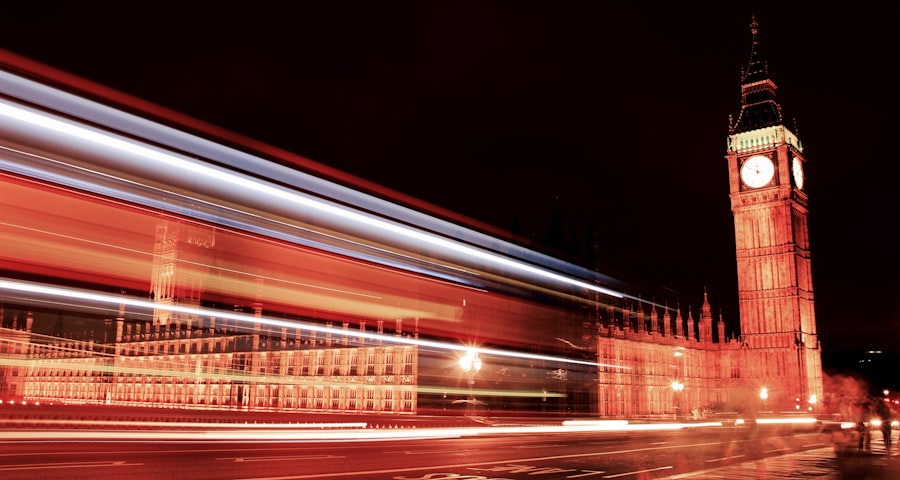
The Prime Minister is the head of government in the United Kingdom, wielding significant influence over national policy and decision-making. As leader of the ruling political party, the Prime Minister is responsible for setting government priorities, appointing ministers, and representing the UK on the global stage. The Prime Minister’s authority is derived from their ability to command a majority in the House of Commons, which is essential for passing legislation and implementing policies.
This position requires not only political acumen but also strong leadership skills to navigate complex issues and maintain party cohesion. The Prime Minister’s role extends beyond domestic governance; they are also a key figure in international relations. Engaging with foreign leaders, negotiating treaties, and representing British interests abroad are all part of their responsibilities.
For instance, during Brexit negotiations, Prime Minister Boris Johnson played a pivotal role in shaping the UK’s exit strategy from the European Union, demonstrating how a Prime Minister can influence both national policy and international relations. The Prime Minister’s effectiveness often hinges on their ability to communicate effectively with both Parliament and the public, making their role one of immense responsibility and visibility.
The Judiciary: The Legal System and Courts
The judiciary in the United Kingdom serves as an independent branch of government tasked with interpreting and applying the law. It plays a critical role in upholding justice and ensuring that laws are enforced fairly and impartially. The UK’s legal system is based on common law principles, which means that legal precedents established by court decisions play a significant role in shaping future rulings.
The Supreme Court stands at the apex of this system, serving as the highest court in the land and addressing cases that have far-reaching implications for society. Judicial independence is a cornerstone of democracy in the UK, ensuring that judges can make decisions free from political interference. This independence is vital for maintaining public confidence in the legal system.
High-profile cases often highlight this principle; for example, in 2019, the Supreme Court ruled that Prime Minister Boris Johnson’s advice to prorogue Parliament was unlawful. This landmark decision underscored not only judicial independence but also the judiciary’s role as a check on executive power. Through such rulings, the judiciary reinforces the rule of law and protects individual rights against potential government overreach.
The Civil Service: The Administrative Arm of Government
The civil service is an essential component of the UK government, providing continuity and expertise in public administration. Comprising professional civil servants who are appointed based on merit rather than political affiliation, this body ensures that government policies are implemented effectively and efficiently. Civil servants work across various departments, including health, education, and foreign affairs, playing a crucial role in advising ministers and managing public services.
Their impartiality allows them to serve successive governments regardless of political changes. One notable aspect of the civil service is its commitment to upholding standards of professionalism and accountability. Civil servants are expected to adhere to principles such as integrity, honesty, and transparency in their work.
This commitment is particularly important during times of political upheaval or crisis when effective governance is paramount. For instance, during the COVID-19 pandemic, civil servants were instrumental in coordinating responses across various sectors, ensuring that public health measures were implemented swiftly and effectively. Their expertise not only supports government initiatives but also fosters public trust in governmental processes.
Local Government: The Devolved Administrations of the UK
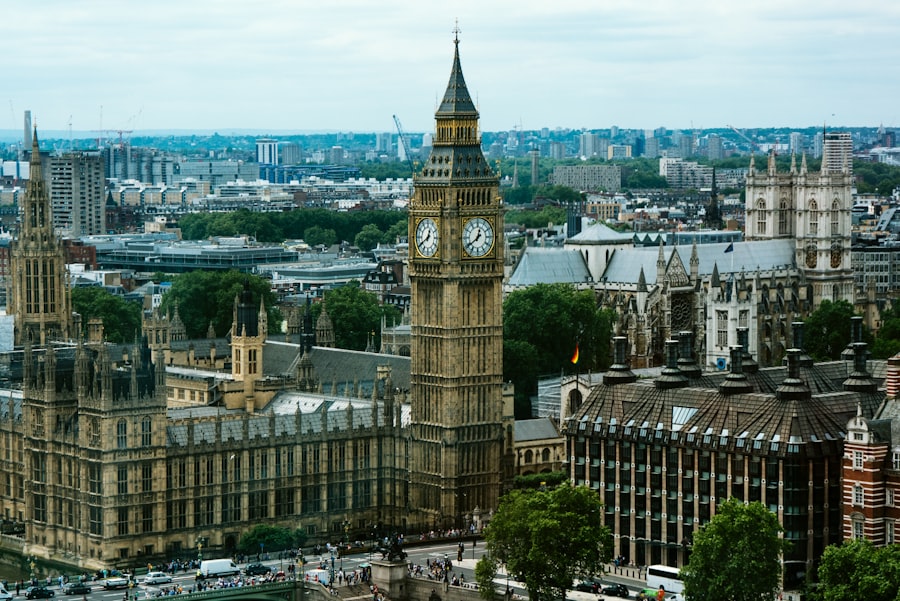
Local government in the United Kingdom encompasses various devolved administrations that operate within Scotland, Wales, Northern Ireland, and London.
This devolution allows for policies that are tailored to meet local needs and priorities while still being part of a unified UK framework.
For example, Scotland has its own Parliament with significant powers over areas like education and health care, allowing it to implement policies that reflect its unique social context. The existence of devolved administrations has led to a more nuanced approach to governance within the UK. Local governments can respond more effectively to regional issues by addressing specific concerns that may differ from those in other parts of the country.
For instance, Wales has implemented policies aimed at promoting Welsh language education and cultural preservation that resonate with its population’s identity. Similarly, Northern Ireland’s Assembly has focused on peace-building initiatives following decades of conflict. These local governments not only enhance democratic representation but also foster a sense of community engagement by allowing citizens to have a direct say in their governance.
In summary, each component of the UK’s political system plays a vital role in maintaining democracy and governance within this complex nation. From the monarchy’s symbolic presence to local governments’ tailored approaches to regional issues, these institutions collectively contribute to a dynamic political landscape that reflects both tradition and modernity.
Institutions of British Governance play a crucial role in shaping the political landscape of the United Kingdom. One related article that delves into the intersection of history and culture is Exploring the Intersection of Mathematics Education, History, and Culture. This article discusses how the historical development of mathematics education has been influenced by cultural factors, shedding light on the broader impact of education on society. By understanding the historical context of mathematics education, we can gain a deeper appreciation for the institutions that govern our educational systems.
FAQs
What are the key institutions of British governance?
The key institutions of British governance include the monarchy, the Parliament, the Prime Minister and the Cabinet, the judiciary, and the civil service.
What is the role of the monarchy in British governance?
The monarchy in the United Kingdom is a constitutional monarchy, which means that the monarch’s powers are largely ceremonial. The monarch’s role includes representing the state, performing ceremonial duties, and acting as a symbol of national unity.
What is the role of the Parliament in British governance?
The Parliament is the supreme legislative body in the United Kingdom. It is responsible for making and passing laws, scrutinizing the government, and representing the interests of the public.
Who is the head of the British government?
The head of the British government is the Prime Minister. The Prime Minister is the leader of the political party that has the most seats in the House of Commons and is responsible for leading the government and making key decisions.
What is the role of the judiciary in British governance?
The judiciary in the United Kingdom is responsible for interpreting and upholding the law. It is independent of the government and plays a crucial role in ensuring that the rule of law is upheld.
What is the role of the civil service in British governance?
The civil service is responsible for implementing government policies and delivering public services. It is politically neutral and provides support and advice to the government of the day.







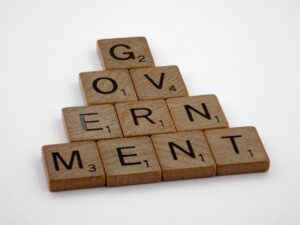


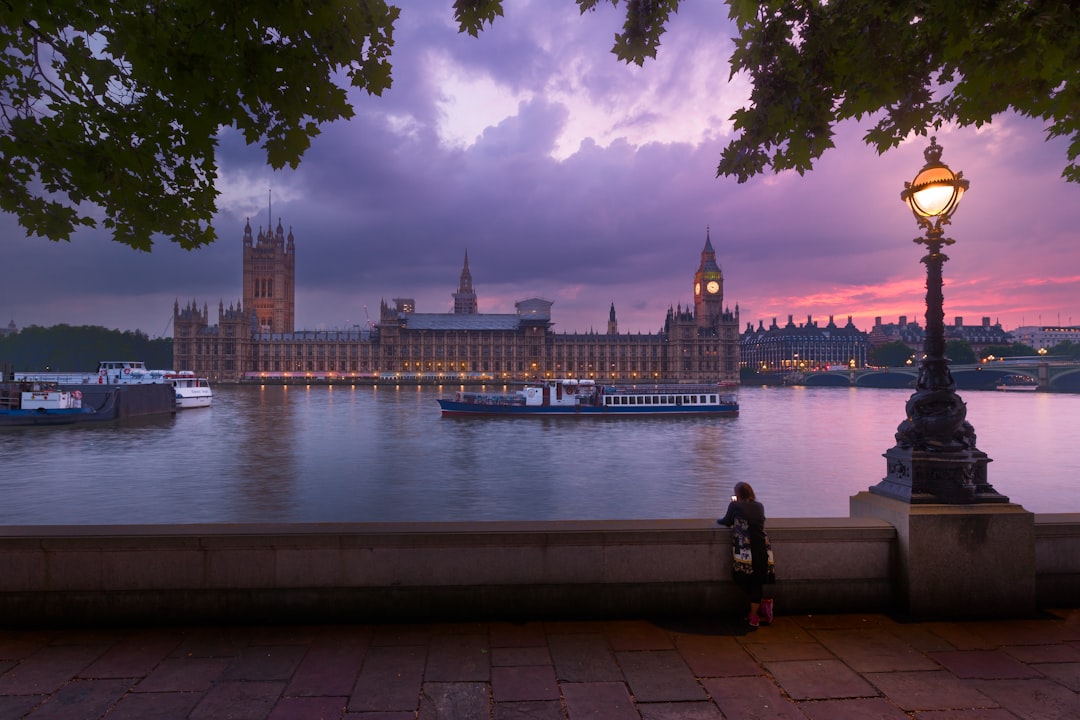












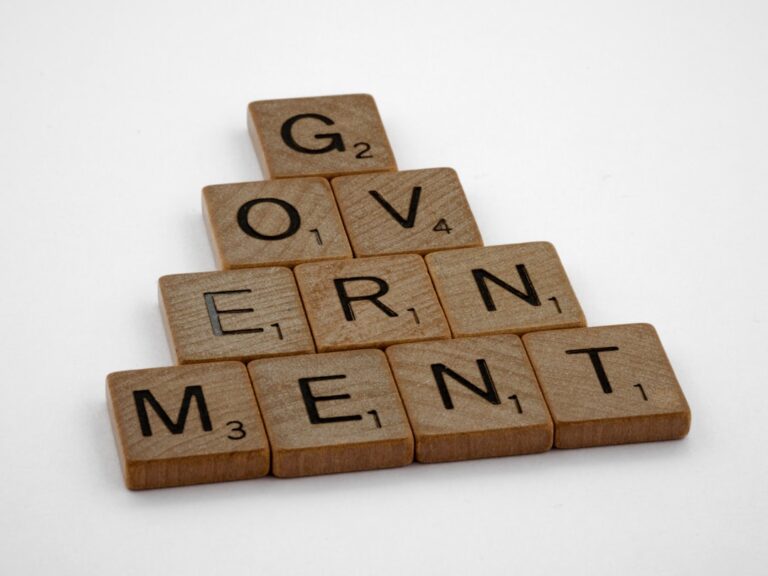
+ There are no comments
Add yours